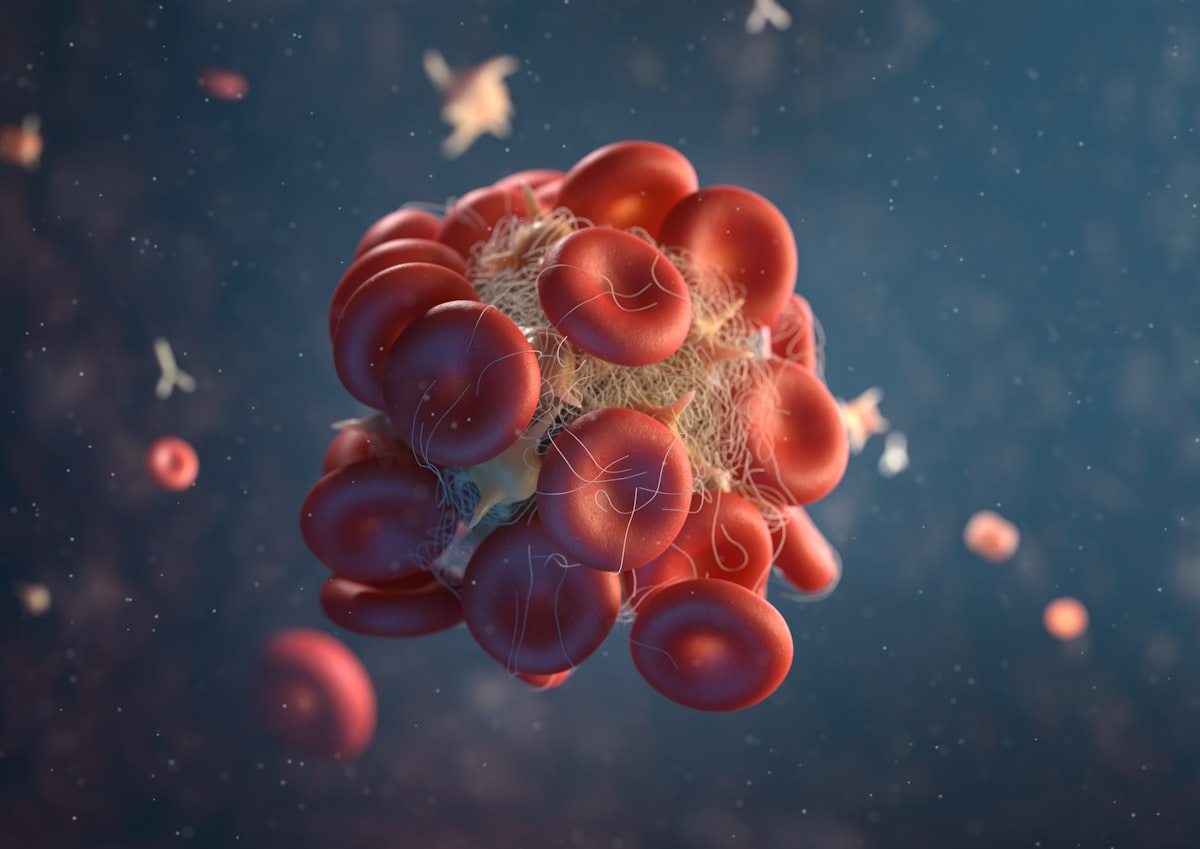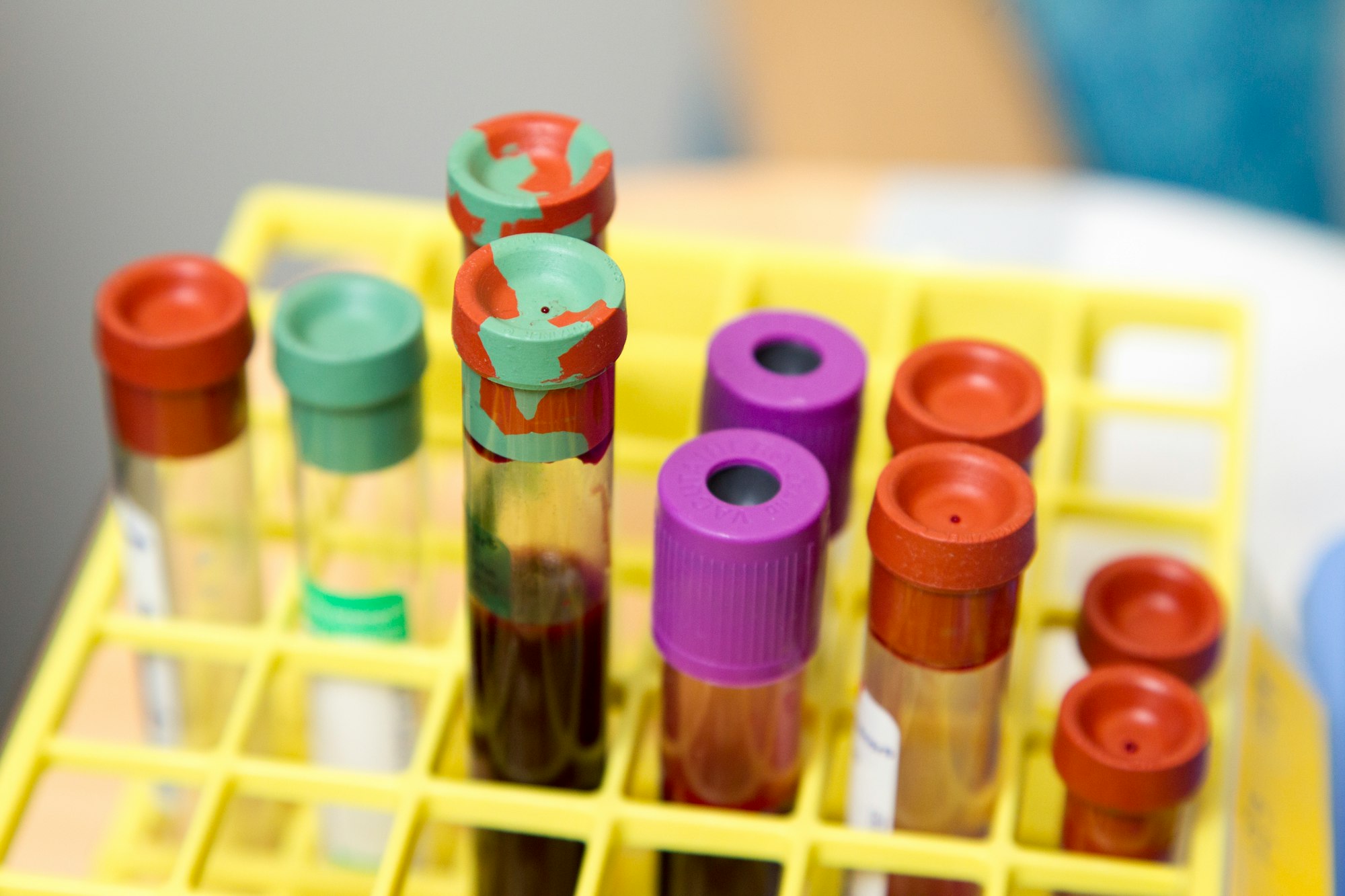Home Remedies for Blood Clot: Natural Prevention and Treatment
Empower your health naturally! Explore effective home remedies for preventing blood clots. Discover simple, at-home solutions for a healthier, clot-free life. Take charge of your well-being! 💪🩸

Blood clots can be dangerous and even life-threatening if left untreated. They can occur in any part of the body, and symptoms may include swelling, pain, redness, or warmth in the affected area. While there are medical treatments for blood clots, there are also natural remedies that can help prevent or treat them. In this article, we will explore 15 home remedies for blood clot, their benefits, and how to use them.
Table of Contents
- Introduction
- What Causes Blood Clots?
- Symptoms of Blood Clots
- Home Remedies for Blood Clots
- Exercise Regularly
- Keep Hydrated
- Massage Therapy
- Herbal Supplements
- Garlic
- Turmeric
- Ginger
- Cayenne Pepper
- Vitamin E
- Fish Oil
- Vitamin C
- Vitamin K
- Magnesium
- Apple Cider Vinegar
- Essential Oils
- Conclusion
- FAQs
Introduction
Blood clots are formed when the blood thickens and clumps together. They can occur in veins or arteries, and can be caused by several factors such as injury, surgery, or underlying medical conditions. Blood clots can be dangerous because they can block blood flow and cause damage to organs. However, there are natural remedies that can help prevent or treat blood clots.
What Causes Blood Clots?
Blood clots can be caused by a variety of factors such as injury, surgery, prolonged immobility, obesity, smoking, and underlying medical conditions like cancer or autoimmune disorders. Some medications like birth control pills or hormone replacement therapy can also increase the risk of blood clots.
Symptoms of Blood Clots
Symptoms of blood clots can vary depending on their location and severity. Common symptoms may include:
- Swelling in the affected area
- Pain or tenderness
- Redness or warmth
- Skin discoloration
- Shortness of breath
- Chest pain or tightness
- Dizziness or fainting
If you experience any of these symptoms, seek medical attention immediately.

Home Remedies for Blood Clot
- Exercise Regularly
One of the most effective ways to prevent blood clots is to exercise regularly. Exercise helps to improve blood circulation and prevent blood from pooling in the legs or other areas of the body. Walking, jogging, cycling, or swimming are all great exercises to promote blood flow.
- Keep Hydrated
Dehydration can cause the blood to thicken and increase the risk of blood clots. It is important to drink plenty of water throughout the day to stay hydrated and prevent blood clots.
- Massage Therapy
Massage therapy can help to promote blood circulation and reduce the risk of blood clots. Massaging the affected area with gentle pressure can help to break up blood clots and improve blood flow.
- Herbal Supplements
There are several herbal supplements that can help to prevent or treat blood clots. Some of these include:
- Ginkgo Biloba
- Horse Chestnut
- Bilberry
- Hawthorn
Always consult with a healthcare provider before taking any herbal supplements.
- Garlic
Garlic has natural blood-thinning properties and can help to prevent blood clots. Consuming raw garlic or taking garlic supplements can be beneficial for blood clot prevention.
- Turmeric
Turmeric contains curcumin, a natural anti-inflammatory compound that can help to prevent blood clots. Adding turmeric to your meals or taking turmeric supplements can be an effective way to incorporate this home remedy into your routine.
- Ginger
Ginger is a popular home remedy for a variety of health issues, including blood clots. Ginger contains natural compounds called gingerols and shogaols, which have been shown to have anti-inflammatory and blood-thinning properties.
By inhibiting the production of certain enzymes involved in blood clotting, ginger can help to prevent the formation of blood clots. In addition, ginger has been shown to improve blood circulation, which can also help to prevent blood clots.
- Cayenne Pepper:
Cayenne pepper contains capsaicin, which has been shown to improve blood circulation and prevent blood clots. Adding cayenne pepper to your meals or taking it in supplement form can be an effective way to incorporate this remedy into your routine.
- Vitamin E:
Vitamin E has natural blood-thinning properties that can help to prevent blood clots. Eating foods that are rich in vitamin E, such as nuts and seeds, or taking vitamin E supplements can be an effective way to incorporate this remedy into your routine.
- Fish Oil:
Fish oil contains omega-3 fatty acids, which have natural blood-thinning properties and can help to improve blood circulation. Taking fish oil supplements or incorporating fatty fish, such as salmon or tuna, into your diet can be an effective way to enjoy the health benefits of this remedy.
- Vitamin C:
Vitamin C is essential for maintaining healthy blood vessels and preventing blood clots. Eating foods that are rich in vitamin C, such as citrus fruits and leafy greens, or taking vitamin C supplements can be an effective way to incorporate this remedy into your routine.
- Vitamin K:
Vitamin K is essential for blood clotting, but it can also help to prevent blood clots when taken in appropriate amounts. Eating foods that are rich in vitamin K, such as leafy greens and broccoli, or taking vitamin K supplements can be an effective way to incorporate this remedy into your routine.
- Magnesium:
Magnesium is essential for maintaining healthy blood vessels and preventing blood clots. Eating foods that are rich in magnesium, such as nuts and seeds, or taking magnesium supplements can be an effective way to incorporate this remedy into your routine.
- Apple Cider Vinegar:
Apple cider vinegar has natural anti-inflammatory properties that can help to prevent blood clots. Drinking apple cider vinegar mixed with water or using it as a salad dressing can be an effective way to incorporate this remedy into your routine.
- Essential Oils:
Essential oils such as lavender, peppermint, and chamomile have natural anti-inflammatory and blood-thinning properties that can help to prevent blood clots. Applying essential oils topically or using a diffuser can be an effective way to incorporate this remedy into your routine.
While these natural remedies can be effective for preventing and treating blood clots, it is important to consult with a healthcare provider before using them, especially if you are already taking medication or have a history of blood clots. Medical treatment may also be necessary, especially in cases of severe or recurrent blood clots.
- Conclusion
Blood clots can be a serious health issue, but there are several home remedies for blood clot that can help to prevent and treat them. Some of the most effective natural remedies for blood clots include cayenne pepper, vitamin E, fish oil, vitamin C, vitamin K, magnesium, apple cider vinegar, and essential oils. However, it is important to consult with a healthcare provider before using these remedies, especially if you are already taking medication or have a history of blood clots.
- FAQs:
Question: Can blood clots be treated with natural remedies alone?
Answer: While natural remedies can be effective for preventing and treating blood clots, medical treatment may also be necessary, especially in cases of severe or recurrent blood clots. It is important to consult with a healthcare provider before using natural remedies for blood clots.
Question: How can I incorporate these remedies into my routine?
Answer: You can incorporate these remedies into your routine by eating foods that are rich in the necessary vitamins and minerals, taking supplements, or using essential oils topically or in a diffuser.
Question: Are there any side effects of using natural remedies for blood clots?
Answer: While natural remedies are generally safe, they can still cause side effects in some people. It is important to consult with a healthcare provider before using natural home remedies for blood clot, especially if you have any underlying health conditions or are taking medication.
Question: How can I prevent blood clots from forming?
Answer: You can prevent blood clots from forming by maintaining a healthy lifestyle, including regular exercise, a healthy diet, and avoiding smoking and excessive alcohol consumption. It is also important to stay hydrated and to move around regularly if you are sitting for long periods of time.
Question: What are the symptoms of a blood clot?
Answer: The symptoms of a blood clot can vary depending on where the clot is located. Common symptoms include swelling, pain, warmth, and redness in the affected area. In more severe cases, blood clots can cause shortness of breath, chest pain, and dizziness. If you suspect that you have a blood clot, seek medical attention immediately.



